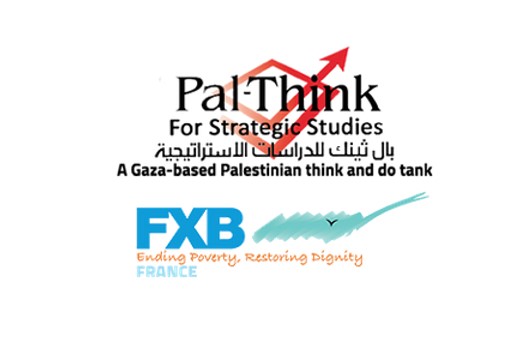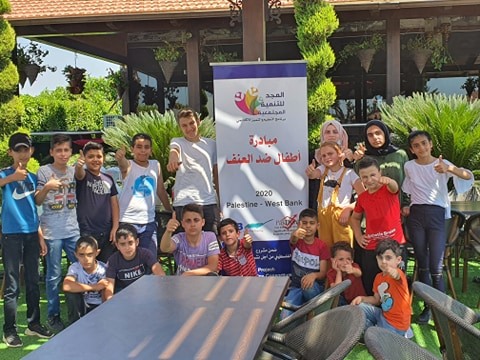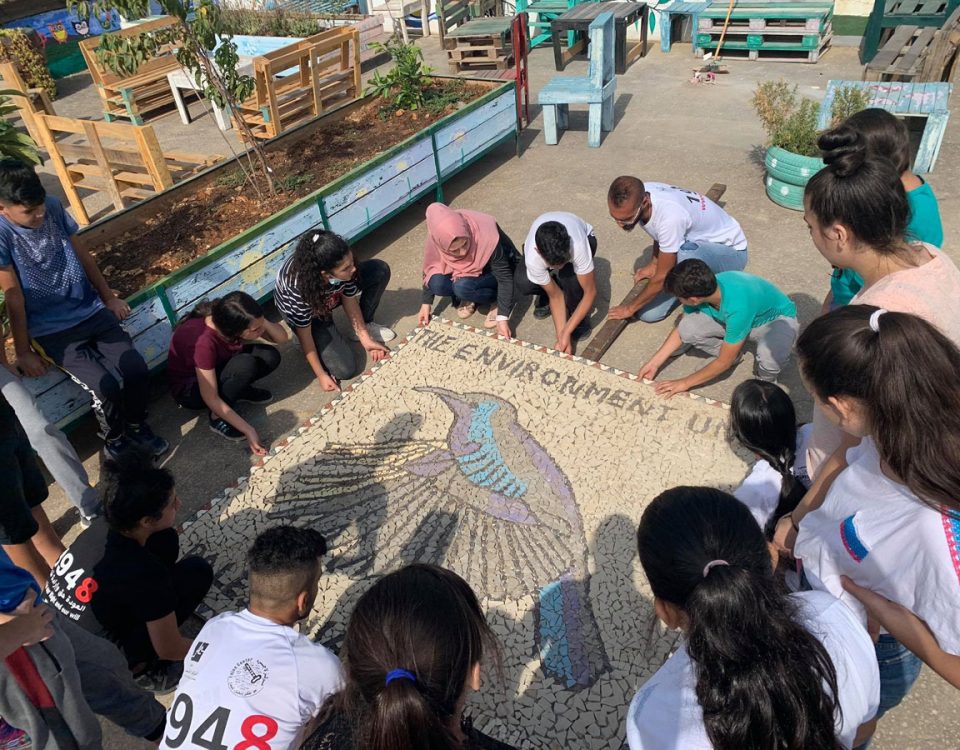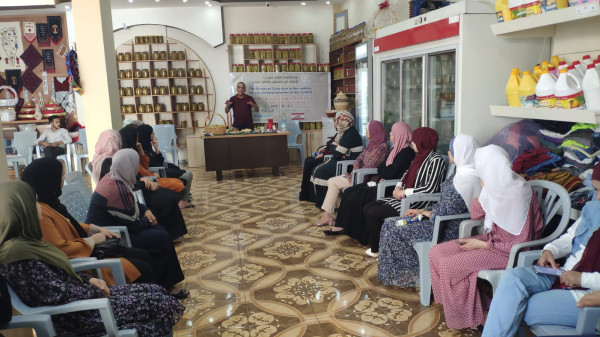- Contact Us
- +972 8-282-2005
- info@palthink.com
12th Radio Episode: Community Views from the Non-Violence Window

11th Radio Episode: Non-Violence in the Palestinian Law
8 September، 2019
Pal-Think and FXB France Conclude the Initiative “It’s my Right to Live in Peace” implemented by Al-Karmel
8 September، 2019August, 2019
Pal-Think for Strategic Studies carried out the twelfth episode of “Non-Violence is A LifeStyle “radio program, within “The Palestinian Consortium for Nonviolence” project, implemented by Pal-Think and FXB France.
The episode reviewed the most important issues of violence in Palestine and ways of addressing them, through the discussion over two main aspects. The first addressed “Palestine Free from Violence” conference, while the second discussed violence in schools coincides with the start of the new school year in Palestine.
Regarding the details of the conference, Ms. Iman Abdel Rahman, Director of Hewar Community Development Foundation stressed “The conference discussed several issues of violence. First, the main problem of violence in Palestine, the official justice system and the tribal judiciary, the Islamic and Christian religious discourse, the impact of raising and upbringing for children, in addition to the effect of social media sites on the spread of violence, noting that an institution cannot work alone to find quick solutions to violence, therefore we must talk about it and highlight it in every possible way.”
She also mentioned, the main reason for the existence of this violence in society, is the existence of the occupation and its violent practices against the Palestinians of all segments, pointing out that 80% of the violence will disappear once the occupation and the impact of its practices disappear. Anyway, it is not right to continue to throw all our problems on the occupation. What we are trying to address today is 20% of violence that we practice on each other as individuals and groups daily, and the Palestinian divide is one of the clear outcomes of the spread of the principle of non-acceptance of the others different from us.
With regard to the official judiciary, Ms. Iman called the community members to resort to the official laws to resolve disputes and strengthen the rule of law in organizing relations between them, adding, there are problems that can’t be solved by tribesmen, there are issues concerning women and marginalized groups in society, they simply didn’t feel justice in the rules implemented and thus will resort to the law of the jungle and take their right by their hand.
One of the most important outcomes of the conference as Ms. Iman mentioned, strengthening the rule of law and the separation between legislative, judicial and executive powers. In addition to the liberalization of the law to take its natural course, and to prevail over all groups of society, this will ensure that justice is applied and will restore confidence in the law. Stressing that the religious discourse in all religions is a balanced discourse calling for tolerance, urges morals that reduce violence in Palestinian society.
Discussion over the second aspect was handled by Mr. Nasser Abu Mata,r the Psychological Supervisor and Director of Nafas for Empowerment Foundation. He talked about the role of raising and upbringing in promoting non-violence among children, especially since the first years of the child’s life is very important in the formation of 40-50% of his life in the future , therefore if the child is raised on human and positive values he/she will be a community activist, with a leading personality, capable of overcoming many negative issues in society, noting that the philosophy of non-violence is the philosophy of the brave, who think well before acting and whose behaviors are not reaction, but rather came as a result of dialog, listening, hoping , accepting each other, tolerance and internal peace.
“Applying the principles of non-violence doesn’t come in one day” Mr. Abu Matar stressed. It is accumulations of raising and education that lasted for years, starting from the first upbringing circles in the house that supposed to be full of love and positive values. Everything that family members do reflects on child behavior, the child will face and react with the new environments with this behavior gained, so any behavior, word or tone of voice will be picked up by the child, and will affect him/her directly. The child who is exposed to negative behaviors is more likely to frustration and depression than others.
“The second stop the child interacts with after the house is the school” Mr. Matar mentioned. These days, schools are having first-time students who are first graders, therefor school staff especially teachers should treat them with special attention and consideration, they should create positive and safer communication with these students and love and respect them so that they can accept the school, teacher should also allow the students to freely express themselves and talk about everything goes in their mind without any limitations because this would affect the child personality and self- assertion and guarantee the students interaction when getting engaged with the third stop (the local community ).
Regarding the phenomenon of bullying, Mr. Matar said that it has existed since ancient times, but didn’t carry this name. It appeared with names such as this student is fierce, hitting his peers or aggressive. The problem is when you describe the child with “hateful” words and characters, the child will be practiced within these descriptions, and stick to these negative behaviors , he continued “to combat bullying we have to clarify the rights and duties for students, allow each student to express his/her opinion, also teachers should meet with students to establish a moral constitution within each classroom and each school, thus the deterrent will be clear to the violators and the complaint mechanism is clear to the victims of bullying”




